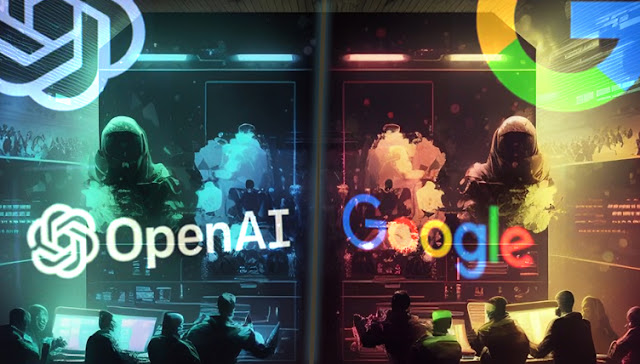AI Weekly Roundup: Exciting Developments in Image and Video Generation
This week saw a flurry of activity in the AI world, with several new tools and updates released for image and video generation. Let's dive into the most noteworthy developments:
Luma AI Launches Dream Machine
Luma AI released Dream Machine, their competitor to AI video tools like Sora, Veo, Pika, and Runway. While some claim it's on par with Sora, initial testing suggests it's not quite there yet in most scenarios. However, it does excel in certain areas.
Key points about Dream Machine:
- Initially had long queue times (up to 7 hours) due to high demand
- Performs better with image-to-video rather than text-to-video
- Generates 5-second videos
- Excels at flyover shots and time-lapses
- Pricing: 30 free generations per month, then about $0.25 per video
Pika and Stability AI Updates
Pika also updated their image-to-video model, though details on the improvements are scarce. Meanwhile, Stability AI finally released the weights for Stable Diffusion 3, making it available for download on Hugging Face. Initial tests show improvements in text generation within images, but it still requires detailed prompts for optimal results.
Leonardo Unveils Phoenix Model
Leonardo introduced their new custom AI model, Phoenix. This foundational model, trained from the ground up, offers:
- Enhanced prompt adherence
- Coherent text in images
- Superior image quality
- More creative control
Early tests suggest Phoenix may outperform Stable Diffusion XL in some aspects.
Midjourney Introduces Model Personalization
Midjourney launched a new feature called Model Personalization. By ranking at least 200 images, users can train the AI to generate images more aligned with their preferences.
Google's Gen Type Tool
Google Labs released Gen Type, a tool that creates letters in various styles based on user prompts. This free tool offers similar functionality to Adobe Firefly's text features.
Suno Updates Audio Generation
Suno, the AI music generation tool, now allows users to upload or record audio snippets and extend them into full songs. This feature is available for Suno Premium users.
Apple's AI Integration
At WWDC, Apple announced extensive AI integration across its ecosystem:
- On-device AI for iOS, iPadOS, and macOS
- AI-powered features in Notes and Calculator apps
- Email inbox overhaul with AI-generated summaries
- Smart replies and notification summaries
- Image Playground for generating illustrations and animations
- Gen Emoji feature for creating custom emojis
- Enhanced photo editing and searching capabilities
- Improved Siri with typing option and context awareness
Other Notable News
- Adobe is revising its terms of service to clarify they won't train AI on customers' work without permission.
- Apple briefly became the world's most valuable company following the WWDC announcements.
- Elon Musk expressed concerns about Apple's integration with OpenAI, though his claims were later clarified as misrepresentations.
- OpenAI hired two new C-level executives: Sarah Friar as CFO and Kevin Weil as CPO.
- Microsoft is removing custom GPTs from Copilot Pro due to low usage.
- A new open-source AI model, Qwen2, outperforms Llama 3 in various benchmarks.
- A photographer was disqualified from an AI image contest after winning with a real photo, highlighting the ongoing debate between AI-generated and human-created art.
As AI tools continue to evolve and become more accessible, creators have an expanding array of options for generating images, videos, and music. Stay tuned for more exciting developments in the world of AI.
-----------
Author: Trevor Kingsley
Tech News CITY // New York Newsroom








